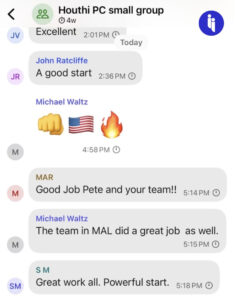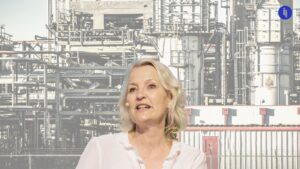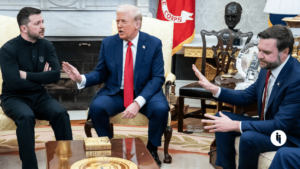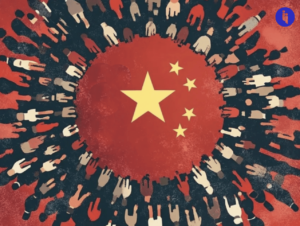Qatar has announced major plans to lift its liquefied natural gas (LNG) production by almost 85% before the end of the decade.
And this is pretty intriguing, because LNG prices are actually in a slump right now – US prices haven’t been this low since the 1970s, and prices in Europe are now weaker than they were before Russia’s invasion of Ukraine. Why?
- Mild weather has reduced demand for winter heating
- Europe’s gas-hungry sectors shrank when the invasion spiked prices
- Supply has recovered after scheduled maintenance in Australia, and
- Qatari shipments to Europe normally sail through the Red Sea later in the year, mostly avoiding recent Houthi attacks
So why would Qatar announce a massive LNG expansion when prices are low?
Stay on top of your world from inside your inbox.
Subscribe for free today and receive way much more insights.
Trusted by 122,000+ subscribers
No spam. No noise. Unsubscribe any time.
There are two layers in answering that one. First, there’s what Qatar’s energy minister says: “we still think there’s a big future for gas for at least 50 years forward and whenever we can technically do more, we’ll do more“.
He’s banking on more demand due to a population boom in Asia, a broader global economic recovery, and a transition from coal (the dirtiest fuel) to LNG as governments try to cut emissions.
The second layer to the answer is on the supply side:
- Qatar is at the very bottom of the LNG cost curve, meaning it can still make money even when lower prices force others to shutter
- Lower prices also potentially extend the commercial lifespan of Qatar’s gas, keeping it competitive as renewable alternatives get cheaper, and
- Other major suppliers (like Australia and Russia) are likewise looking to boost LNG output. Even the US – which just paused new export licences – expects to double its exports by 2030.
So from Qatar’s perspective, it has an ability and an urgency to sell its gas while it still can, while financing its own post-gas transition along the way.
Of course, this all makes geopolitical waves, too.
First, low LNG prices curb Russia’s income and tap the brakes on its war machine.
Second, Qatar is giving the world’s major powers a reason to back it, signing long-term LNG supply deals with Europe, China, India, and Japan, while inviting LNG investment from energy giants in the US and beyond. You’d be surprised how quickly world leaders take your call when you have something they need.
And finally, deep pockets power Qatar’s ambitions, whether it’s hosting the FIFA World Cup, shaping perceptions through its own global news agency (Al Jazeera), or seeking to boost its clout by supporting Islamist movements abroad (infamously prompting its irritated neighbours to cut ties in 2017).
And all this before we even touch on what cheap gas means for the world’s two-month old commitment to “transition away” from fossil fuels.
INTRIGUE’S TAKE
You might recall the International Energy Agency is projecting global demand for oil and gas to peak by 2030. Meanwhile, Shell is projecting demand to grow 50% by 2040, for similar reasons to those cited by Qatar.
Have a think about which projection is more plausible, and which one is preferable. We’ll do a special edition update in 2030 (while celebrating Intrigue’s 10th anniversary – we’ve heard good things about Nashville?).
In the meantime, it’s worth recalling the world’s top two energy sources are still coal and gas; the world’s cheapest source is now solar (and getting cheaper); and the world’s fastest-growing source is solar (and getting faster).
It’s also worth recalling that forecasts can shape expectations, which can shape behaviour (like investments), which can shape outcomes (like output). So there’s a gyre of forces at play here. See you in Nashville in 2030?
Also worth noting:
- LNG is natural gas (predominantly methane) that’s been cooled into liquid form so it’s easier to store and transport.
- Qatar is also pushing a massive expansion of its LNG fleet. It just named its first new carrier the ‘Rex Tillerson’ after the former US Secretary of State and energy executive.
- US President Biden designated Qatar a major non-NATO ally in 2022. The largest US military facility in the Middle East is located in Qatar.









